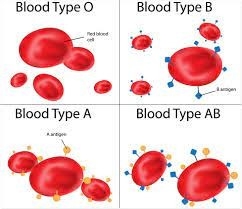SGRH’s Dr. Rashmi Rana, a consultant in the Department of Research, explained in depth the study’s findings, saying that coronavirus is a novel virus and that there are a lot of things that are not yet understood about it. As a result, the study’s primary goal was to determine whether or not blood groups played a role in the risk or course of infectious disease. SGRH‘s Dr. Vivek Ranjan, a co-author, and chairperson of the Department of Blood Transfusion believes that the ABO and/or Rh blood groups may not be to blame for the connection. Moreover, it may be an indicator of underlying and undiscovered variables such as comorbidity, which should be investigated in greater depth. Approximately 2,586 COVID-19 positive patients who were hospitalized to SGRH between April 8, 2020, and October 4, 2020, were included in the research. The frequencies of the letters A, B, O, and AB were 29.93 percent, 41.80 percent, 21.19 percent, and 7.98 percent, respectively, of all the cases. Furthermore, 98.07 percent of the patients who took part in this trial were positive for the Rh antigen.
Research finds exposure to harmless coronaviruses increases immunity
Interestingly, this is not the first time that a study has been conducted to assess the impact of blood types on a person’s risk of developing COVID-19. A large number of studies have also been conducted in the previous years. In terms of the eventual outcome, however, there is a great deal of inconsistency and contradiction. Some research suggests that there may be a link, while others demonstrate that there is no connection. Consequently, it is still too early to draw any conclusions about the relationship between the blood group and the risk and severity of COVID-19 in terms of severity and incidence. This is an issue that needs a great deal more research.
























